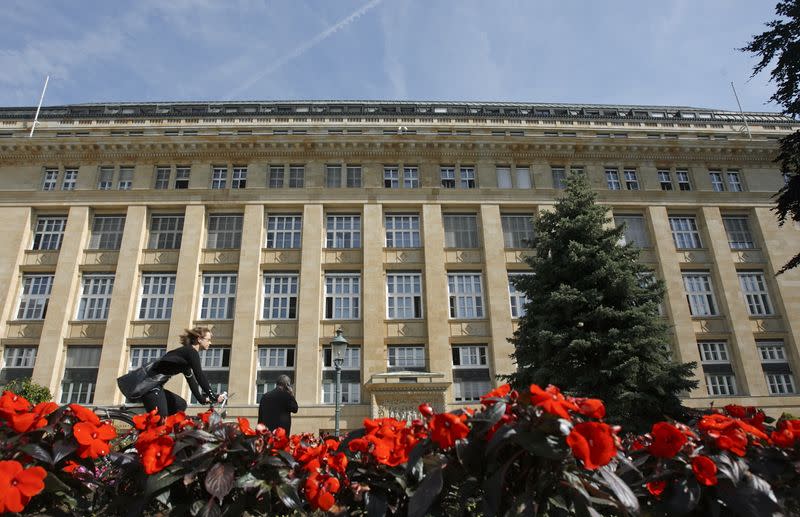Austria central bank predicts mild recession then 0.6% growth in 2023

VIENNA (Reuters) - Austria will go through a "mild" recession at the end of this year and the start of 2023, its central bank said on Friday, forecasting that gross domestic product growth next year would come in at 0.6%, more than others have predicted.
A day after Austria's two main economic think-tanks, Wifo and IHS, published economic forecasts predicting GDP growth of 4.7%-4.8% this year and 0.3%-0.4% next year, the Austrian National Bank produced its own saying it expects the economy to grow 4.9% in 2022 and 0.6% in 2023.
"Due to the weak development of industry recently, falling export and production expectations, a weaker international environment and high energy prices, a technical recession, i.e. two successive quarters of economic growth, is expected at the turn of the year 2022/2023," the ONB said.
The recession would be "only mild", it added.
It predicted inflation according to the harmonised index of consumer prices (HICP) of 8.6% this year and 6.5% next year, both only slightly above the European Central Bank's forecasts for the euro zone as a whole, which is updated on Thursday.
The ECB now sees inflation in the 19-country currency bloc at 6.3% next year, compared with expectations for 5.5% made in September.
Economic growth will suffer badly next year as a result of Russia's war in Ukraine, particularly the impact of high energy prices.
The ECB now sees GDP growth at 0.5% next year compared with the 0.9% it forecast in September, while in 2024, the expansion is projected at an unchanged 1.9%.
(Reporting by Francois Murphy; Editing by Hugh Lawson)

 Yahoo Finance
Yahoo Finance 